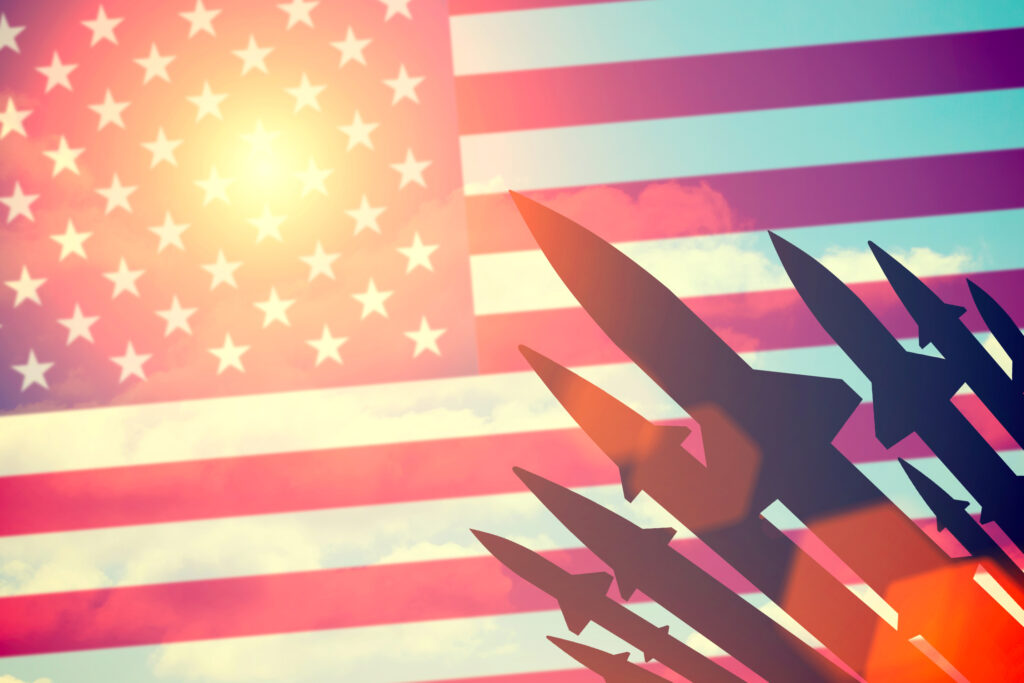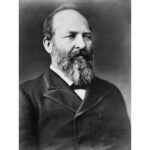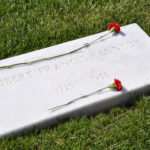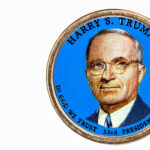On May 25, 1953, the United States marked a unique and somewhat controversial milestone in its atomic testing program. At the Nevada Test Site, under the larger Operation Upshot-Knothole, the U.S. conducted its first and only nuclear artillery test, codenamed “Grable.”
The device used in this test was a 280mm shell, the largest piece of artillery in the U.S. arsenal at that time, fired from a specially designed “Atomic Cannon.” The shell, which was equivalent to 15 kilotons of TNT, was launched a distance of seven miles before detonating 524 feet above the ground.
Grable’s primary goal was to examine the potential of nuclear artillery on the battlefield. The explosion was observed by thousands of military personnel and civilians from nearby safe viewing locations. The test yielded valuable information on blast effects, radiation, and the practicality of deploying and firing such weapons in a combat scenario.
The advent of tactical nuclear weapons and missiles overshadowed the practicality of nuclear artillery due to their range and precision. Additionally, the political, humanitarian, and environmental implications of nuclear weapons led to a shift away from such testing.
While Grable was technically successful, it also underscored the terrifying destructive capacity of nuclear artillery. This event stands as a stark reminder of the Cold War era’s escalating arms race and the ongoing efforts towards global nuclear disarmament that followed in subsequent decades.
References:
https://www.nnss.gov/docs/fact_sheets/DOENV_776.pdf
https://www.radiochemistry.org/history/nuke_tests/upshot_knothole/index.html




